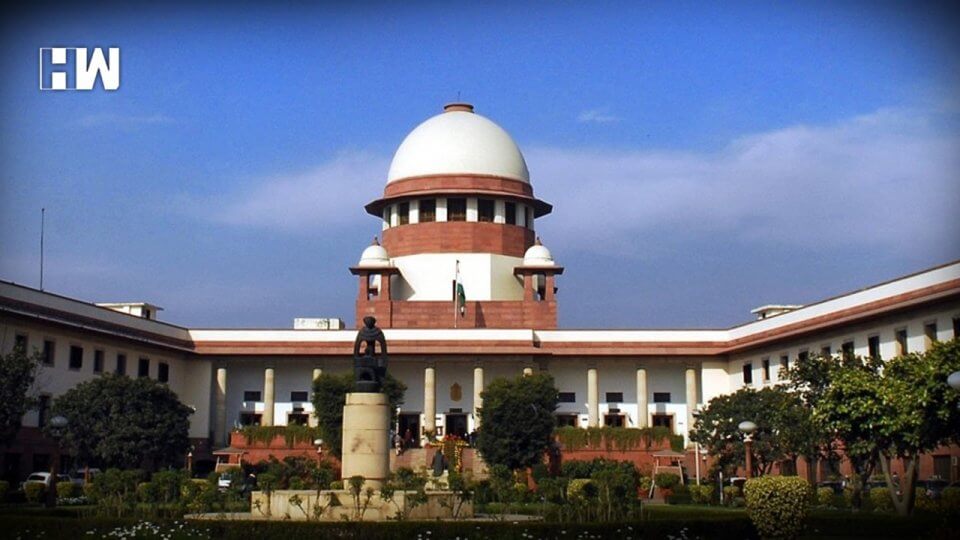Hegde said that applying CAB to only three nations and excluding other nations is a matter of legislative policy which courts might not prefer interference
New Delhi: On Wednesday the Citizenship Amendment Bill, 2019 (CAB) was passed by the Parliament even as the Rajya Sabha debated its Constitutionality in which secularism is central belief. The CAB which awaits the President’s nod is likely to be challenged in Supreme Court soon.
Particularly, the CAB amends Section 2 of the Citizenship Act, 1955, which defines “illegal migrants” by adding a provision of Section 2 (1)(b) — according to which any Individual belonging to Hindu, Sikh, Buddhist, Jain, Parsi or Christian communities from Afghanistan, Bangladesh or Pakistan, and who have been exempted by the Central Government under the Passport (Entry into India) Act, 1920 of the Foreigners Act, 1946, shall not be treated as “illegal migrant”. A further proceeding pending against such persons shall cease to allow them to be eligible to apply for citizenship by naturalization, which is laid down under Section 6 of the 1955 act.
The absence of the Muslim community from the proviso is visible and was the subject of intense debate among parliamentarians in the past few days.
As several judgments of the top court, held the classification of persons by law, in order, to pass the test of Article 14 should have a rational nexus to the object sought to be achieved by the law. The classification by CAB, it can be argued has no rational nexus to the object sought to be achieved by it which is the protection of minorities fleeing persecution.
“Article 14 speaks of equal protection of the law for all. This is a law that is meant to protect illegal migrants from the consequences of deportation. So then if a distinction is made solely on religion, you are not equally protecting everyone,” said senior lawyer Sanjay Hegde.
Hegde said that applying CAB to only three nations and excluding other nations is a matter of legislative policy which courts might not prefer interference.
“That could possibly be justified as legislative policy because the legislature can claim that we have a bigger problem as far as these three nations are concerned and we can, therefore, start with these nations. If a position is taken that all nations should be covered then we might have Myanmar, Sri Lanka, etc. But excluding nations can be justified as legislative policy and it might not be appropriate for courts to interfere on such a ground”, Hegde added.
As an independent media platform, we do not take advertisements from governments and corporate houses. It is you, our readers, who have supported us on our journey to do honest and unbiased journalism. Please contribute, so that we can continue to do the same in future.

